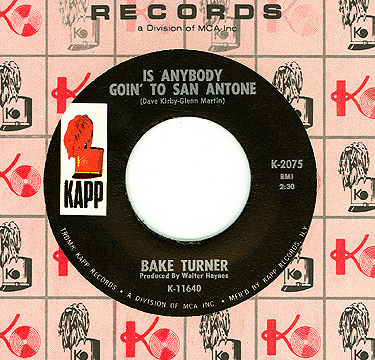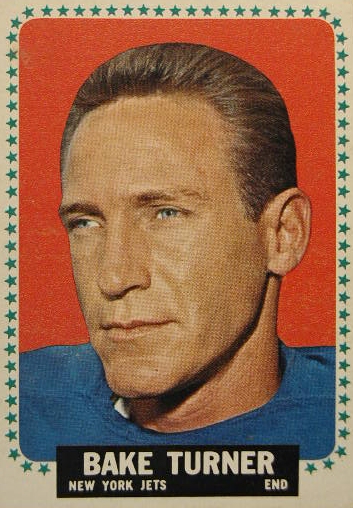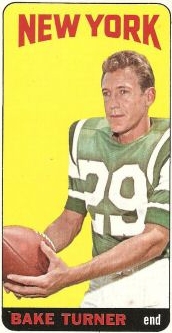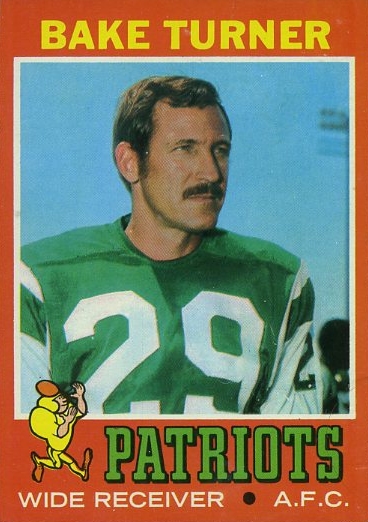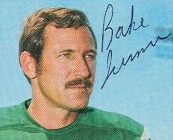| comment #2: |
Walter Haynes (December 14, 1928 – January 1, 2009) was an American steel guitarist and music producer who worked with such artists as Jimmy Dickens, Del Reeves, The Everly Brothers and Jeanne Pruett. He also co-wrote a number of songs including "Girl on the Billboard" - a song that became a No. 1 hit for Del Reeves in 1965. Haynes was a member of the Steel Guitar Hall of Fame. At the time of his death at the age of 80 in Tyler, Texas, he had been teaching music lessons in Bullard, Texas. |
| comment #3: |
Walter Haynes towers among the premier steel guitar virtuosos in country music history, lending his luminous tone to myriad Nashville classics including Patsy Cline's immortal "Crazy." Born December 14, 1928, in Kingsport, TN, Haynes settled in Nashville in 1949. He first earned attention for his prowess as a fiddle player, signing on with Paul Howard & His Arkansas Cotton Pickers and rooming with the group's lap steel guitarist, Billy Bowman. At the time, Bowman -- who went on to great renown of his own in support of Bob Wills -- was striving to master the new pedal steel model, and the instrument piqued Haynes' curiosity as well. Following a stint in the military he returned to Nashville in 1951 and adopted the pedal steel as his instrument of choice, quickly developing a rich, organic sound that bridged the gap between the simple lap steel sensibilities of the 1940s and the more complex approach of the new decade. Haynes soon joined Grand Ole Opry star Little Jimmy Dickens, recording a series of hits including "Forever Is Too Long to Be Alone," "Where Did the Sunshine Go," and "We Could," the latter considered a veritable master class in pedal steel artistry. Haynes continued touring and recording with Dickens until 1955, when he stepped aside for fledgling steel guitar superstar Buddy Emmons. In addition, he spent 13 years as an Opry staffer, and also toured behind Ferlin Husky and Webb Pierce.
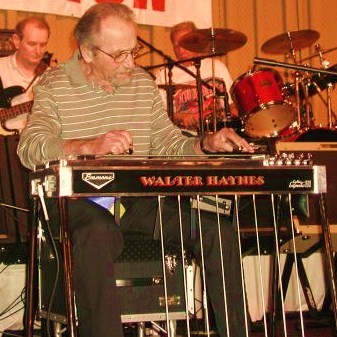
Haynes nevertheless enjoyed his greatest renown as a sought-after session player -- while he appears on myriad recordings headlined by Skeets McDonald, Hawkshaw Hawkins and Jean Shepard, his most enduring work remains his contributions to Patsy Cline's seminal Decca performances, including "Crazy," "She's Got You," and "San Antonio Rose." The Cline sessions also introduced Haynes to renowned producer Owen Bradley, who became his mentor -- Haynes spent a number of years as Bradley's assistant, and when the producer relocated to the West Coast in 1969 to accept a new job with Kapp Records, he installed Haynes as his replacement at Decca. Haynes spent ten years as a staff producer with the label (later rechristened MCA Nashville), helming more than three dozen sessions for bluegrass giant Bill Monroe. He additionally supervised Jeanne Pruett's 1973 chart-topper "Satin Sheets," and earned the Country Music Association's Producer of the Year honors for Cal Smith's 1974 blockbuster, "Country Bumpkin." On occasion Haynes even tried his hand at songwriting -- while never a prolific composer, he did co-write Del Reeves' 1965 number one single "Girl on the Billboard," a song reportedly inspired by a swimsuit model on a Coca-Cola advertisement and scrawled in the dust covering the dashboard of Haynes' car in the absence of pen and paper. After three years as vice president of MCA Nashville, he retired in 1981, but continued teaching music until just prior to his death in Tyler, TX, on New Year's Day 2009. |
| comment #4: |
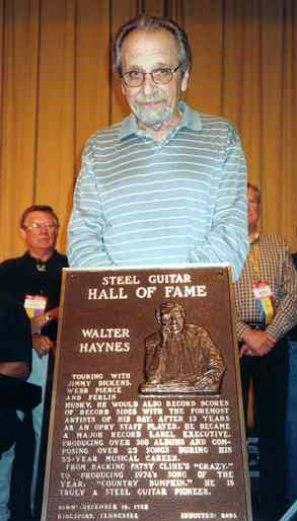
Country Musician, Producer. He began his career in 1949, as a steel guitar player at the Grand Ole Opry and worked as a staff musician for 13 years. On the road and in the studio, he performed with such artists as Patsy Cline, Jeanne Pruitt, Jimmy Dickens, Del Reeves, The Everly Brothers and rocker J.J. Cale. As vice president of MCA Records, he produced hits for Del Reeves, Marty Robbins, Bill Monroe and was credited as one of the musicians who helped develop the famed "Nashville Sound." He is a recipient of the Country Music Association Producer of the Year Award and was inducted into the Steel Guitar Hall of Fame in 2003. (bio by: John "J-Cat" Griffith)
|
